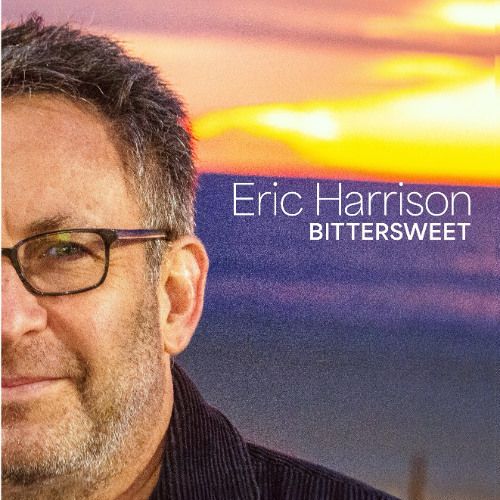Eric Harrison recently released his eight studio album, titled “Bittersweet.” Harrison, the talented singer-songwriter who also works as a trial and civil rights attorney, has been making music for three decades and continues to hone his craft with singles like “Accidental Poetry” and “Bleeker Street.” Stereofade was fortunate to ask Eric a few questions about the project and how he feels about working as an artist.
Q: “Bittersweet” seems to wrestle with love, desire, and acceptance. How did those ideas find their way into your lyrics?
Eric: Well, I ran out of things to say about Palestine and Taylor Swift, so I figured I’d turn my attention to more pedestrian concerns.
People write songs for different reasons. I’ve always done it to address what keeps me awake when I should be sleeping, and that’s usually emotions or experiences that would otherwise overwhelm me: love, death, desire, acceptance, the whole lot.
Q: For fans discovering you through “Bittersweet,” which song would you say best captures who you are as an artist right now?
Eric: That’s tricky because I’ve started writing songs for a new album and the songs on “Bittersweet” are the product of me in 2024. I really love them equally; otherwise I would not have let all of them see the light of day. I can’t pick one as representative of the album because they’re all over the place. So I’d give you a different answer every day… but today let’s go with “Diner” and “Love You Less.”
Q: You’re a trial attorney by day and a musician by night, how do you balance those two very different worlds?
Eric: I consistently enjoy being a lawyer because of the variety of the cases I handle and the people I encounter while doing it. My enjoyment of songwriting and making music is less consistent because I’m dealing primarily with myself, and I find myself predictable and boring about 75% of the time.
Unlike with my day job, I can walk away from music when I find myself falling into uninteresting patterns. There’s no pressure to come back until I have an interesting idea which makes it feel fresh again.
Q: How do you see the Americana landscape evolving, and where do you feel your music fits within it today?
Eric: The term “Americana“ has always been so amorphous to me. I don’t think it was used when I started writing and recording in the 1990s. I think what I do was called “singer songwriter“ or “alternative” music then… but who knows what those terms mean either?
To me “Americana” means music based in the folk tradition of three chords and the truth. It can be dressed up in a way that makes people label it differently, but so long as it sounds like something that began with one guy or girl alone in a room with a guitar or a piano and a notebook full of tortured scribble, that’s what I want in my life. Where I fit in that landscape doesn’t interest me; I’m just happy to be here until I run out of songs.


